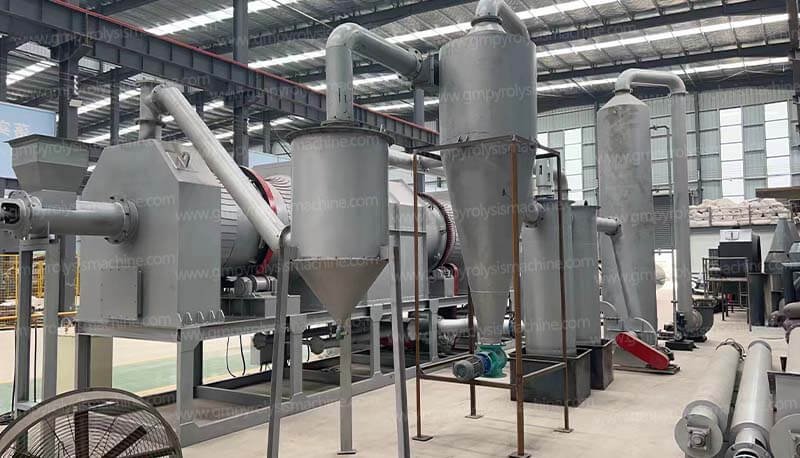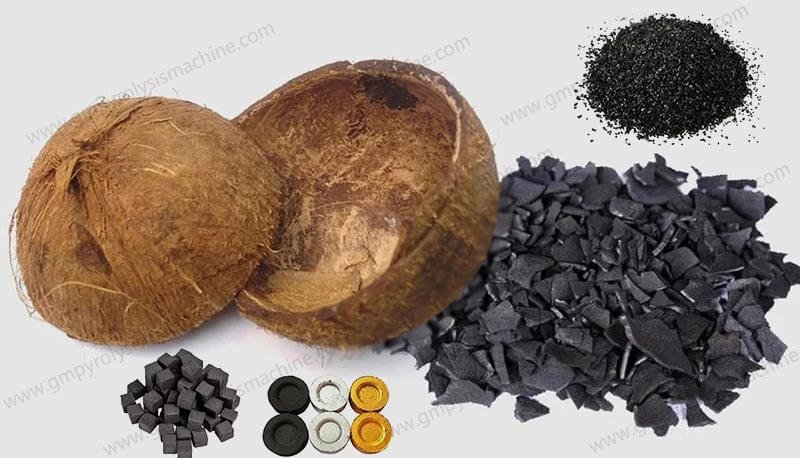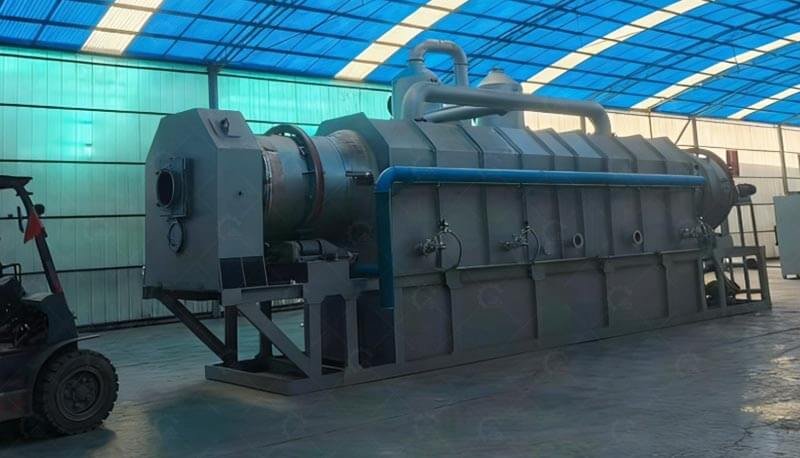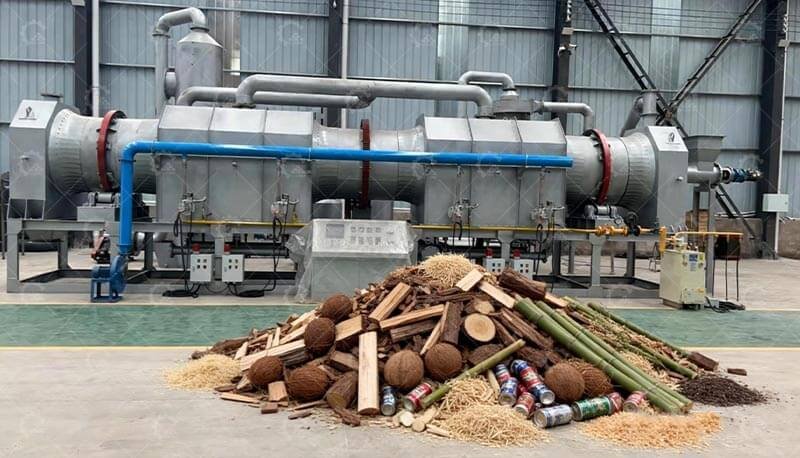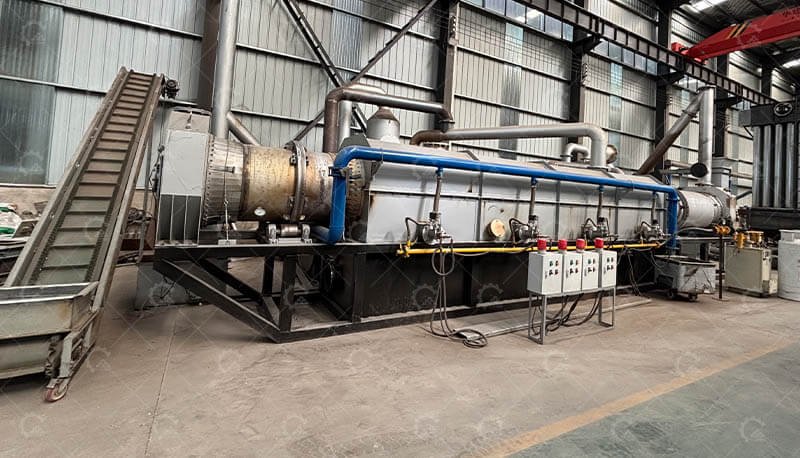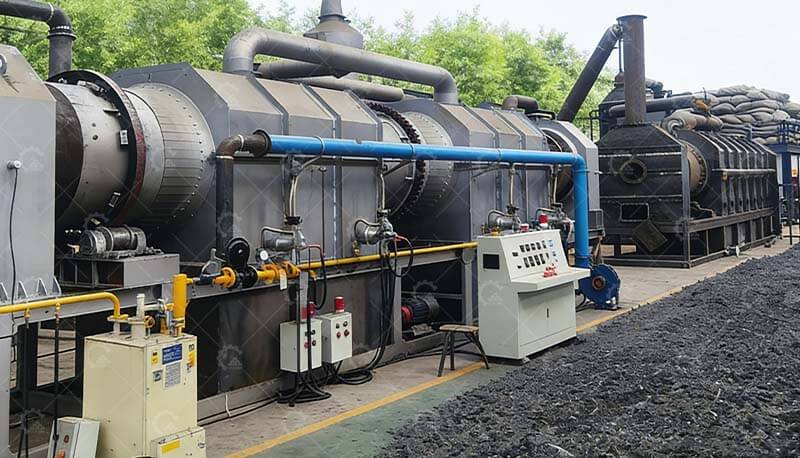As demand for sustainable fuel alternatives grows, businesses worldwide are asking: What is the cost of a charcoal machine production line? Whether you’re sourcing a charcoal making machine, evaluating charcoal making machine prices, or exploring charcoal production machinery for industrial use, answers your questions. We’ll break down costs, compare features of charcoal machines for sale, and explain how to maximize ROI while meeting eco-friendly goals.
Why Invest in a Charcoal Machine Production Line?
Charcoal remains a vital resource for cooking, heating, and industrial applications. Traditional methods, however, are labor-intensive and environmentally harmful. Modern charcoal machine production lines automate the process, converting biomass (wood, coconut shells, rice husks) into high-quality charcoal efficiently. Benefits include:
Higher Output: Produce 1–20 tons of charcoal daily, depending on system size.
Eco-Friendly Compliance: Reduce emissions and deforestation with closed-loop systems.
Profit Margins: Sell charcoal briquettes to global markets at competitive prices.
Charcoal Making Machine Price: Breaking Down Costs
The charcoal machine production line price varies based on capacity, automation, and raw material compatibility. Here’s a detailed cost analysis:
1. Small-Scale Systems ($15,000–$50,000)(This data is for reference only):
Capacity: 100–500 kg/day.
Features: Basic carbonization furnaces, manual feeding, and cooling.
Best For: Startups or farms repurposing agricultural waste.
2. Mid-Range Production Lines ($50,000–$150,000)(This data is for reference only):
Capacity: 1–5 tons/day.
Features: Semi-automated pyrolysis reactors, shredders, and briquette presses.
Added Value: Produces charcoal powder, pellets, and hexagonal briquettes.
3. Industrial-Grade Lines ($150,000–$500,000+)(This data is for reference only):
Capacity: 10–20 tons/day.
Features: Fully automated systems with drying, carbonization, and packaging integration.
ROI Boosters: Advanced gas recycling, AI temperature control, and 24/7 operation.
Key Cost Factors:
Raw Material Type: Machines processing hardwoods or coconut shells may require reinforced components.
Automation Level: PLC-controlled systems cost 20–30% more but reduce labor costs.
Certifications: CE or ISO-certified charcoal production machinery ensures compliance with EU/Asian market standards.
How to Choose the Right Charcoal Machine for Sale
Not all charcoal making machines suit every business. Follow these steps to find your ideal match:
1. Analyze Raw Materials:
Soft biomass (sawdust, rice husks) works with screw-type briquette presses.
Hard materials (coconut shells, bamboo) need jaw crushers and high-temperature furnaces.
2. Calculate Throughput Needs:
A 2-ton/day system generates ~60 tons monthly—enough to supply regional retailers. Export-focused businesses may require 10+ tons/day.
3. Prioritize Safety Features:
Look for sealed carbonization chambers, gas purification systems, and auto-shutdown functions to prevent accidents.
4. Compare After-Sales Support:
Reliable suppliers offer installation training, spare parts, and warranty coverage.
Maintenance Tips for Long-Term Efficiency
To extend your charcoal machine production line lifespan:
Clean carbon residue from furnaces weekly to prevent blockages.
Lubricate conveyor belts and bearings monthly.
Replace wear-resistant parts (molds, crusher blades) annually.
The Rising Demand for Sustainable Charcoal Solutions
With deforestation and carbon emissions under global scrutiny, governments are incentivizing eco-friendly production. For example:
EU’s Renewable Energy Directive promotes biomass charcoal as a clean energy source.
Africa’s Urban Markets seek affordable, smokeless briquettes to replace firewood.
Investing in a charcoal production machinery line positions your business to tap into this $5.8 billion industry while supporting environmental goals.
FAQs About Charcoal Machine Production Lines
1. Can a coal machine process multiple materials?
Yes! Advanced systems handle wood, palm kernels, and even municipal sludge.
2. How long is the payback period?
Most businesses recover costs in 12–18 months with consistent output.
By understanding charcoal machine for sale options and market trends, you can invest confidently in machinery that boosts productivity and sustainability. Ready to transform waste into wealth? Let’s explore your ideal system today.

